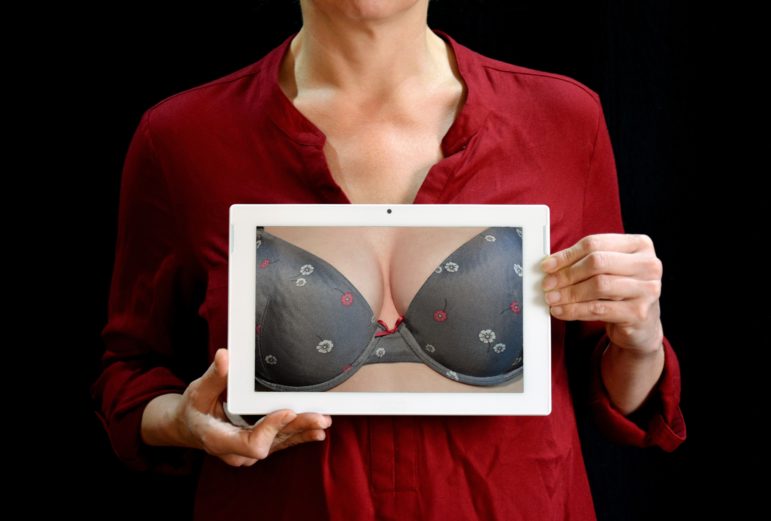![]() The news could lay to rest some anguished conversations between doctors and patients. When a woman is diagnosed with breast cancer, all medical muscle goes toward eliminating the cancer and reducing the possibility of a recurrence.
The news could lay to rest some anguished conversations between doctors and patients. When a woman is diagnosed with breast cancer, all medical muscle goes toward eliminating the cancer and reducing the possibility of a recurrence.
But for many women, chemotherapy can have disastrous results. This study says that if the additional treatment isn’t necessary—or has little measurable positive effect—many women can skip it.
The study is “not groundbreaking, but it’s a little bit of additional clarification” for patients, said Dr. Lajos Pusztai, Yale Cancer Center professor of medical oncology and director of breast cancer translational research as well as co-director of Yale Cancer Center Genetics, Genomics, and Epigenetics Program. Given the thousands of women cancer affects—breast cancer is second only to skin cancers as the most common cancer among U.S. women—the study is important, Pusztai said. According to the American Cancer Society, in 2018 some 266,120 new cases of invasive breast cancer will be diagnosed in women, and about 40,920 women will die from the disease.
The study, called the Trial Assigning Individualized Options for Treatment (TAILORx), is considered a precision medicine trial. Precision medicine looks at individuals down to their genetic makeup and lifestyles when administering health care.

Creative Commons Photo
The new study concluded that about 70 percent of women with early-sage breast cancer can skip chemo.
The study was partially funded by the National Cancer Institute with proceeds from the U.S. Postal Service’s breast cancer stamp, which has raised some $86 million for breast cancer research since it was issued in the late ’90s. The study was launched in 2006, and, after looking at 10,273 women with breast cancer, it concluded that some 70 percent of them, or roughly 85,000 women a year, can skip chemo with its often-debilitating side effects that can include nausea, and weight, hair, and memory loss, or worse. For this population, endocrine therapy alone appeared to be every bit as effective as endocrine therapy combined with chemotherapy.
As Pusztai says, women who are at low risk for a recurrence—those who score between zero and 10 based on a test where doctors read a sample of the patient’s tumor tissue—generally would not be considered candidates for chemotherapy. Women who score in the high-risk 26 to 100 range generally do submit to the additional treatment.
But the bulk of women who are diagnosed with this kind of breast cancer—hormone-driven, without the protein HER2—fall mid-range on the risk scale, 11-to-25. For them, the decision to go through chemo is fraught with anguish. In the past, after a breast cancer diagnosis, the decision to enroll a patient in chemotherapy was mostly based, Pusztai said, on “patient preference, doctor’s bias, and gut feeling.”
The study confirms what “astute and experienced breast cancer specialists” already know, he said, that chemo for a mid-risk patient doesn’t have the desired effect, and may place a woman at risk for serious health issues, such as leukemia or heart disease, that can come after chemo. (The study said that women younger than 50 who score in the middle range may benefit at least somewhat from chemotherapy, so doctors may take the patient’s age into consideration.)
The study reflects the general decline of the use of chemotherapy among early-stage breast cancer patients. According to a December report in the Journal of the National Cancer Institute, chemo among early-stage patients dropped from 26.6 percent in 2013 to 14.1 percent just two years later.
“It’s a very exciting finding,” said Yonni Wattenmaker, executive director of the Greenwich-based Breast Cancer Alliance, which provides funding for breast cancer research and training, including early-stage research.
But “we fund the training of breast surgery fellowships—this may affect how hospitals treat patients, but it will likely not impact how they train the specialists overall,” she said.
Susan Campbell is a distinguished lecturer at the University of New Haven. She can be reached at slcampbell417@gmail.com.

